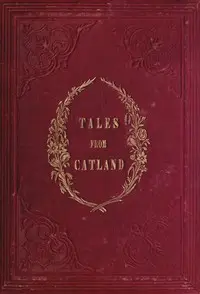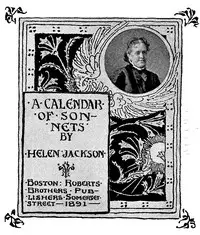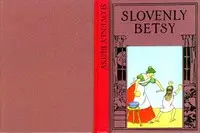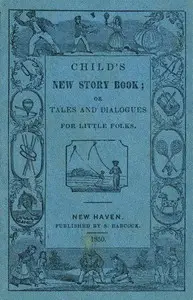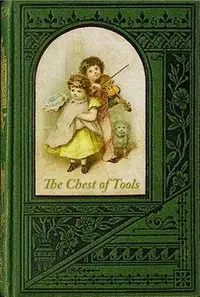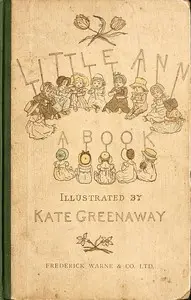"Mammy Tittleback and Her Family: A True Story of Seventeen Cats" by Helen Hunt Jackson is a heartwarming children's story about a tortoise-shell cat, Mammy Tittleback, who finds a home with the Wellington family and becomes a mother to a large litter of kittens. The story follows the adventures of Johnny and Rosy Chapman, who are delighted by the feline family and create playful games to care for them. The children build a special house for the kittens and try to teach them the alphabet, experiencing moments of joy and surprise as they bond with their new friends. After some unexpected twists, including the rescue of orphaned kittens, the children are overjoyed to learn that their beloved cats will be staying with them forever, filling their lives with happiness and laughter.

Mammy Tittleback and Her Family: A True Story of Seventeen Cats
By Helen Hunt Jackson
Two children's summer transforms into a magical adventure as they befriend a mother cat and her ever-growing family of kittens, learning about love, friendship, and the joys of caring for animals along the way.
Summary
About the AuthorHelen Hunt Jackson was an American poet and writer who became an activist on behalf of improved treatment of Native Americans by the United States government. She described the adverse effects of government actions in her history A Century of Dishonor (1881). Her popular novel Ramona (1884) dramatized the federal government's mistreatment of Native Americans in Southern California after the Mexican–American War and attracted considerable attention to her cause. Commercially successful, it was estimated to have been reprinted 300 times, with readers liking its romantic and picturesque qualities more than its political content. The novel was so popular that it attracted many tourists to Southern California who wanted to see places from the book.
Helen Hunt Jackson was an American poet and writer who became an activist on behalf of improved treatment of Native Americans by the United States government. She described the adverse effects of government actions in her history A Century of Dishonor (1881). Her popular novel Ramona (1884) dramatized the federal government's mistreatment of Native Americans in Southern California after the Mexican–American War and attracted considerable attention to her cause. Commercially successful, it was estimated to have been reprinted 300 times, with readers liking its romantic and picturesque qualities more than its political content. The novel was so popular that it attracted many tourists to Southern California who wanted to see places from the book.



